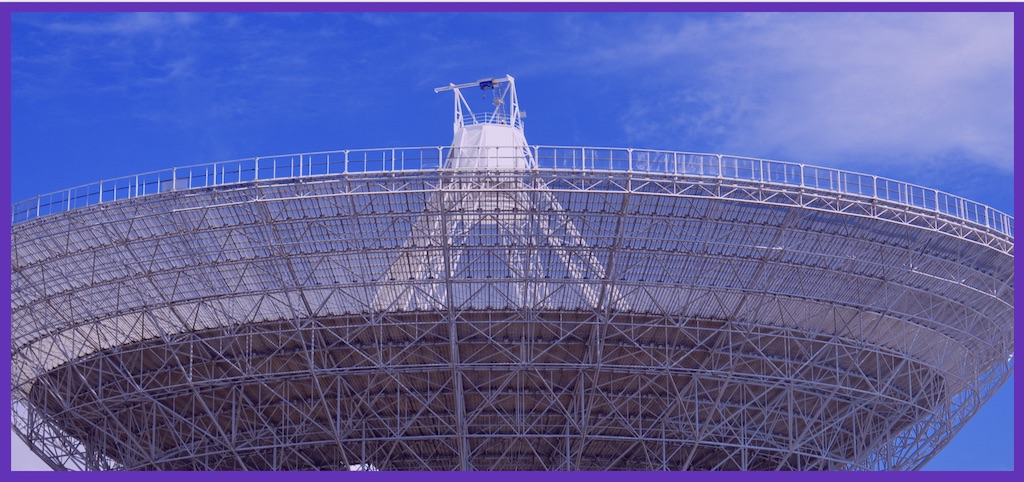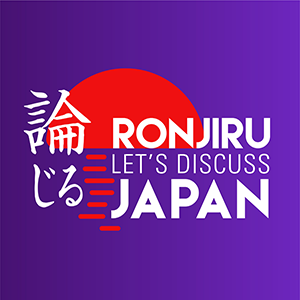
Our Information Society
Before we try to communicate with other worlds, shouldn’t we first learn how to communicate with each other here on our own world?
(Translated/adapted from an original Japanese-language article written by JayTee in April 1998, published in a local municipal monthly magazine in Japan.)
I love looking up at the stars on a clear night. One evening I recently saw something that looked like a shooting star, except that it was moving slowly. I quickly realized that it was a satellite. I was in awe: something created by humans here on earth was way up there in space. And I felt that our information society is something remarkable to behold.
Over the past decades the USA, in collaboration with global bodies, has built numerous gigantic antennas to send signals into outer space, and, importantly, to detect signals from extraterrestrial intelligent life. Science and technology have brought us to where we can send information out to the infinite realms of the universe.
Japan often refers to our globalized world as the “information society”. Vast amounts of information can be sent to anywhere on the planet within seconds via computer networks and satellites. When there is a natural disaster, the video footage appears right away on televisions across the globe. And all the world’s knowledge is at everyone’s fingertips thanks to the Internet. It’s an amazing time to be alive.
Nevertheless, despite this unprecedented exchange of information, we’re still faced with huge international misunderstandings. We’re still not good at understanding other cultures. We still have racial discrimination. We still have preconceptions about other countries, and teach/are taught those misunderstandings as facts. We still face difficult issues in international relations. The current quality of our international exchange and constructive engagement leaves much to be desired.
From my perspective, our information society generates endless streams of words and information; but are we really enabling true communication? Communication is key to good international relations.
Access to an abundance of easily searched information is a hallmark of our information society. Using that information to increase one’s understanding and to create a better society is a hallmark of internationalization, and the starting point of communication. That’s why I believe that having a broad international perspective is a more productive way of thinking than simply enjoying access to a vast body of information that is used only to reinforce one’s pre-formed opinions. The “information society” requires an expensive and advanced infrastructure to function and transmit information or ideas. But having an international perspective and acceptance of a variety of ideas requires only that one has an open heart and mind…something that all of us are capable of without any special technologies or equipment.
The key to international relations, global good will, inter-cultural understanding and world peace is found in proper communication. And proper communication is based on an open mind and understanding heart. This is something we can all find within ourselves, without relying on the wonders of science.
So, while all those gigantic antennas in the USA and other countries send data signals into space and wait for some sort of response, I believe that before we try to communicate with other worlds, we should first learn how to communicate with each other here on our own world.
I look up at the infinite stars in the night sky and contemplate what fascinating planets and civilizations might be out there. But prior to jumping into interstellar exchange, shouldn’t our initial step be first to use our amazing information society to help people communicate and exchange ideas constructively here at home?
〆
